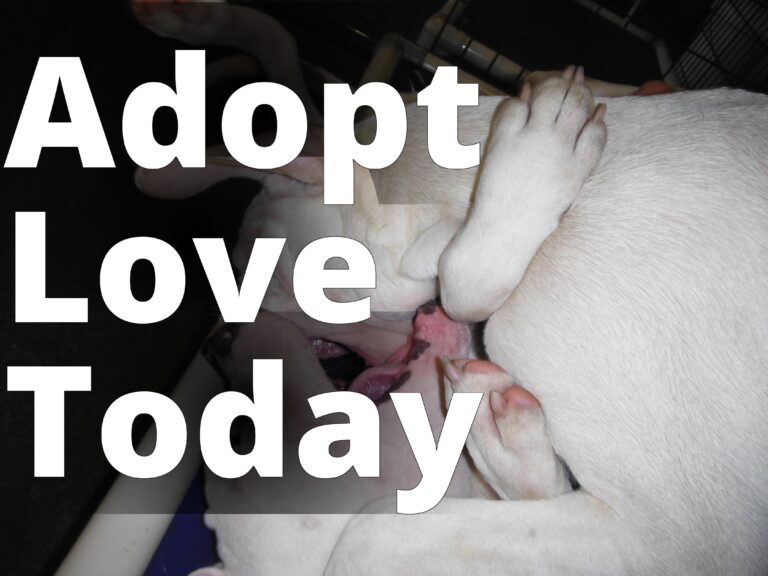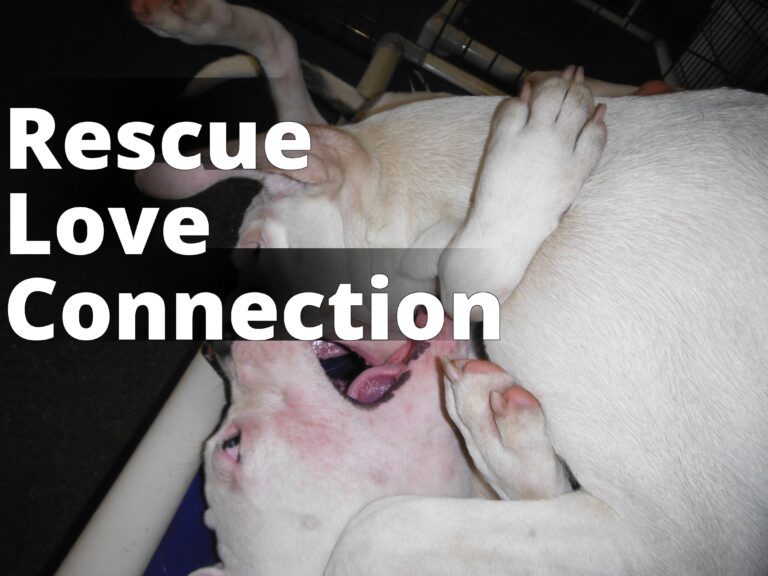Go Back to Shop
All CategoriesAnimal careAnimal House Pet ServicesAnimalsAnimals and humansAnimals and PetsBirdBirdingBirdsBloggingCatCatsDogDog adoptionsDog and Animal CareDog BreedsDog CareDog ChewsDog foodDog LoversDog OwnershipDog Sexdog toysDog TrainingDogsDomesticated animalsFoodGuinea pigHealthHousehold petsHow to care for your petKittenLovebirdMouseMouse ToysOtherPetpet carePetsRabbitRatReptilesSnailSubspecies of Canis lupusUncategorized
How To Care For Your Pet With Prednisone: Tips From A Vet
by Warlax
Are you looking for ways to take care of your pet while they are on prednisone? Here are some tips from a veterinarian on how to help your furry friend stay healthy and happy while taking this medication.

Prednisone is a powerful anti-inflammatory drug used to treat many different conditions, including arthritis, asthma, and other autoimmune diseases. While prednisone can be very helpful in controlling these conditions, it can also have significant side effects on pets. Here are some tips on caring for your pet during their treatment with prednisone:
-
Keep an eye on your pets weight. Prednisone can cause your pet to become overweight or obese due to its effects on the appetite. Make sure that they are eating enough food and that their bodyweight is staying stable. If you see any changes in their weight or behavior related to being overweight, talk to your veterinarian about adjusting their dosage of prednisone.

-
Monitor their blood pressure levels closely. Prednisone can increase blood pressure levels in both humans and animals, so it is important to keep track of them carefully. If you notice an increase in their blood pressure level or if it becomes difficult for themto get up after sitting or standing for a long period of time, contact your veterinarian immediately.
-
Monitor their cholesterol levels closely as well.. Predissoine can cause cholesterol levels to rise in pets as well as people, so be sure to check them regularly and make any necessary adjustments in their diet if needed..
4 Watch out for signs of infection.. Pets treated with prednisone often develop infections more easily due to the weakened immune system caused by the medication.. Be sure that they are getting plenty of rest and drink lots of water (both fresh AND purified) throughout the courseof treatment; avoid giving them drafts or allowing them accessto cold environments; give them antibiotics if they develop an infectionand feel like they need them; and finally consultwith your veterinarian if there is anything elsethat seems off abouttheir health duringprednisonetreatment
Essential Care Tips for Nurturing Your Pet’s Health
Aug 27, 2023




Leave a Reply